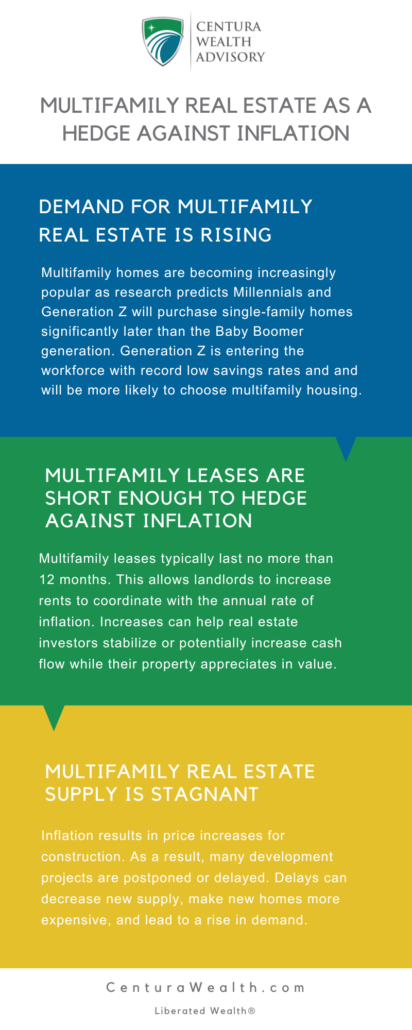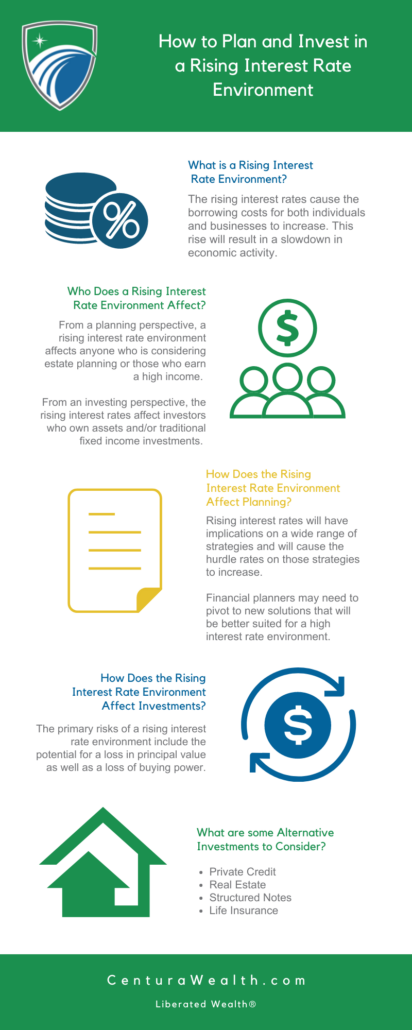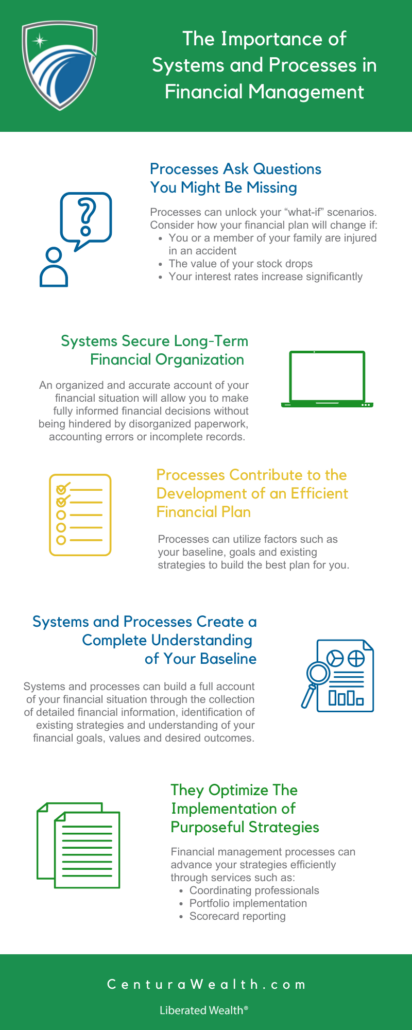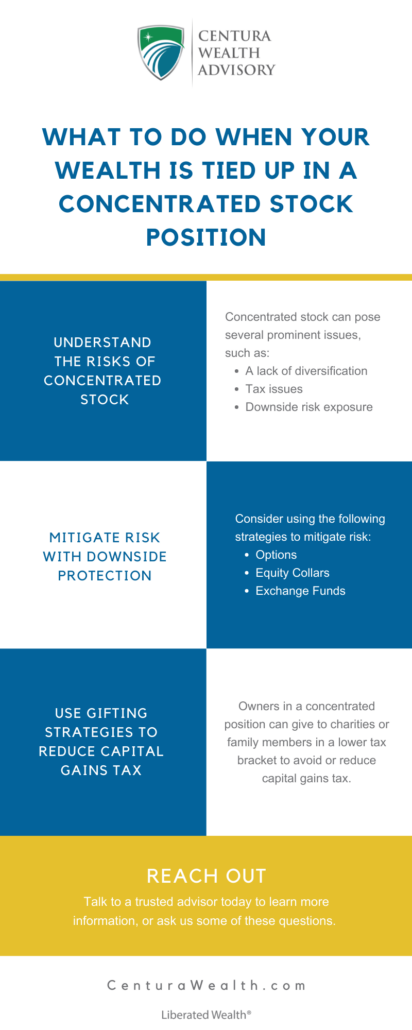With rising interest rates and inflation reaching a 40-year high, investors, planners and affluent individuals are searching for solutions to create financial strategies to meet their goals.
In this article, we’ll discuss several investment and planning strategies to address some of the most common financial issues faced by affluent individuals: high interest rates, inflation, and high income taxes.
Tips to Navigate a Rising Interest Rate Environment
The primary risks of a rising interest rate environment include the potential for a loss in principal value as well as a loss of buying power. Let’s take a look at some strategies that address and mitigate these risks.
Consider Investing in Private Credit
Investors may enter private credit investments because of their floating rate loans, which will limit the interest rate risk associated with other forms of investment, such as traditional fixed-income investments.
Additionally, private credit transactions are direct negotiations between the lender and the borrower. This allows investors to access a wide range of private transactions and negotiate terms that best work for their situation.
Collateralized Loan Obligations (CLOs)
A collateralized loan obligation (CLO) is “single security backed by a pool of debt….Collateralized loan obligations (CLO) are often backed by corporate loans with low credit ratings or loans taken out by private equity firms to conduct leveraged buyouts.”
With collateralized loan obligations, an investor receives scheduled debt payments from the underlying loans. The investor is offered greater diversity and the potential for higher-than-average returns in exchange for taking on the default risk.
Learn more about using private credit as a hedge against rising interest rates.
Look into Life Insurance
Life insurance can be a powerful vehicle for alternative investments. It provides downside protection, high liquidity, and an attractive upside potential relative to investments with a similar risk profile.
Check out episode 31 of our podcast, Live Life Liberated, to learn more about how life insurance solutions can be used as an alternative to fixed-income investments.
Structured Notes
Structured notes, written by high credited banks, are customizable and well-suited for a rising interest rate environment and can help investors maintain returns.
Tips to Invest Against the Effects of Inflation
Multifamily real estate can provide opportunities for investors to protect themselves against their declining purchasing power.
Consider Multifamily Real Estate as a Hedge Against Inflation
Investors often view multifamily real estate as “inflation resistant.” Why? This form of investment doesn’t typically drop in value as much as other assets during challenging market times. Additionally, multifamily real estate tends to recover faster than other investments.
Further, multifamily real estate is an attractive investment during a market with rising inflation because it:
- Has intrinsic value
- Provides owners with the ability to adjust rent to combat the effects of inflation
- Maintains a rising demand with a stagnant supply
Learn more about why investors are opting for multifamily real estate as a hedge against inflation.
Let’s Talk Short-Term Bonds
Short-term bonds are less sensitive to inflation and the increased rates of a high-interest rate environment than longer-maturity bonds. Longer-maturity bonds may lock in rising rates for longer-time periods whereas shorter-term bonds require a shorter commitment to the high rates and will allow investors to move on to better opportunities.
How to Get Started With These Insider Tips
At Centura Wealth Advisory, we go beyond a traditional multi-family office wealth management firm to offer advanced tax and estate planning solutions which traditional wealth managers often lack in expertise, knowledge, or resources to offer their clients.
We invest heavily into technology and systems to provide our clients fully transparent reporting, and tools to make informed decisions around their wealth plan.
Read on to learn more about our 5-Step Liberated Wealth Process and how Centura can help you liberate your wealth.
Disclosures
Centura Wealth does not make any representations as to the accuracy, timeliness, suitability, or completeness of any information prepared by any unaffiliated third party, whether linked to or incorporated herein. All such information is provided solely for convenience purposes and all users thereof should be guided accordingly.
We are neither your attorneys nor your accountants and no portion of this material should be interpreted by you as legal, accounting, or tax advice. We recommend that you seek the advice of a qualified attorney and accountant.
For additional information about Centura, please request our disclosure brochure as set forth on Form ADV using the contact information set forth herein, or refer to the Investment Adviser Public Disclosure website (www.adviserinfo.sec.gov). Please read the disclosure statement carefully before you engage our firm for advisory services.















